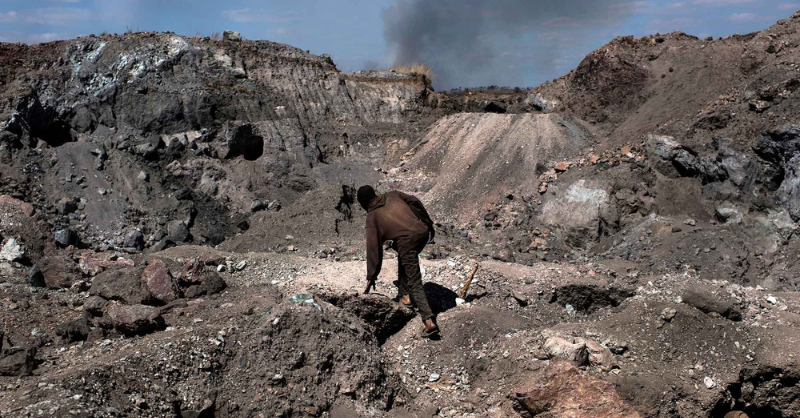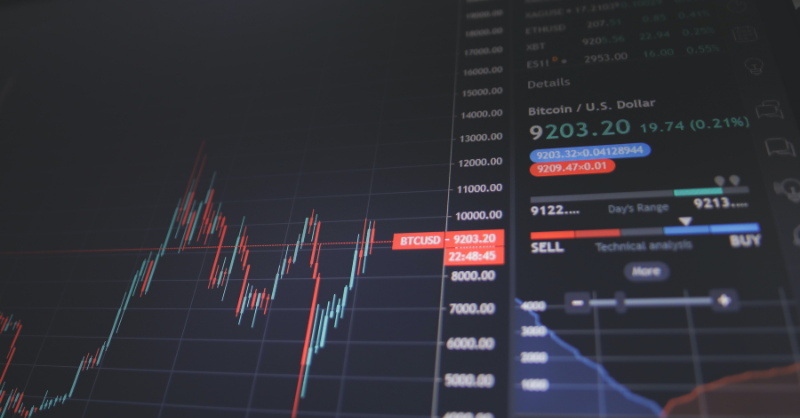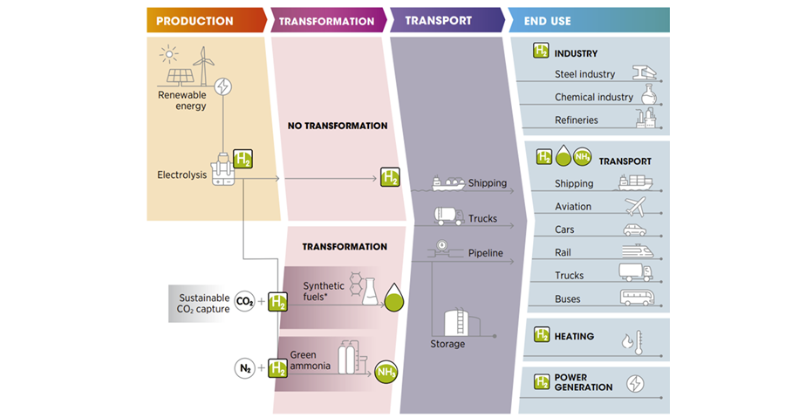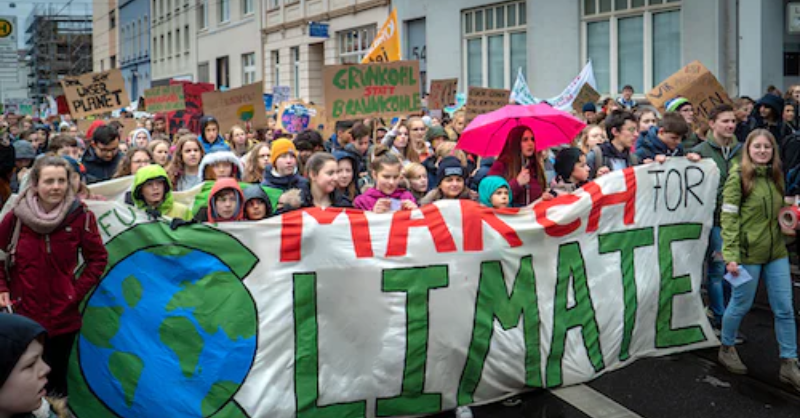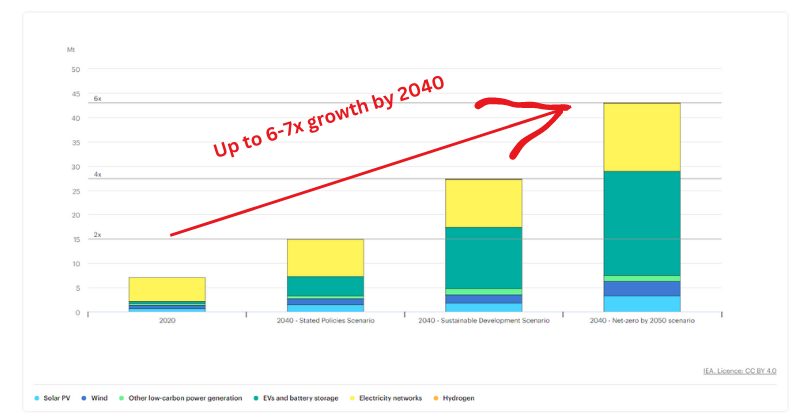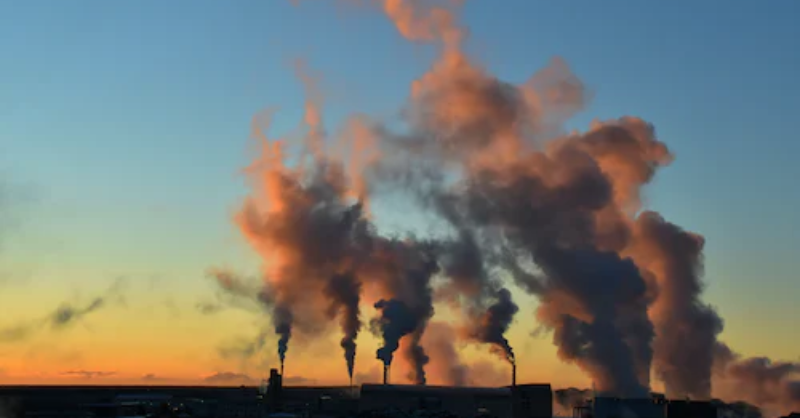Coping better with extreme events
Sustainability is not just about mitigation (actions that reduce future risks). In some cases the challenge is much more immediate, we also need to invest in adaption. Helping us to cope with events that are happening now.
Sunday Brunch: premiumisation as a sustainability strategy?
Your premium brand had better be delivering something special, or it's not going to get the business.- Warren Buffett Can a premium coffee brand help the farmers ? People who know me know that I love coffee. But, we have to accept that as an industry, it has
Can the big miners fix artisanal mining?
Rob Karpati, from The Blended Capital Group, has been guest writing blogs for us on artisanal mining. Feedback we frequently get is 'thanks, we now get the problem, so what can we do'. Formalisation is the preferred pathway, but how to best deliver it?
Supply chains come under even more scrutiny
As public opinion leads, legislation follows, at least in Europe. The most recent legislative move is on deforestation, but it's just one of a wave of new laws and regulations. And behind legislation comes litigation.
Sunday Brunch: investing is not just about generating alpha
At it's heart our financial system is really simple. Money flows from savers to spenders. Where this system struggles is when the actions of the spenders impose costs on the wider society that mean that the net return to savers (financial return minus imposed costs) are reduced.
Has the outlook for green hydrogen got better?
Green hydrogen has been in the news recently. Does this mean that it's becoming more real? Or is much of it still hype - which risks creating a bubble? The short answer is (somewhat surprisingly), from an investment perspective, not much has really changed.
Is this what transition risk looks like?
We often read about transition risk and stranded assets, but what does this really mean, and how does it get reflected in the financial statements and value of companies? The short answer is - much more slowly than you may think.
Sunday Brunch - who decides the topics for engagement?
Unless you have been living off grid, you will know that one of the defining debates around ESG and Sustainability relates to engagement - by which we mean interacting with companies to get them to change their behaviour.
Yes, we need more mining but how much investment do we need?
Yes, decarbonisation of our economy is going to require a lot more of certain minerals. But, how much more, and how much will this cost?
Making money from coffee waste
Global coffee production delivers more than 23 million tons of waste every year. There are innovative uses, including using it as a feedstock in biodigesters, and potentially as a raw material for the production of higher value nutraceuticals.
Sunday Brunch: more on getting financial people to listen
Back at the end of May I wrote the first blog in a series on the topic of what gets financial peoples attention when we talk about Sustainable Finance. And yes, its mostly, but not exclusively, about money. My starting point is that we all want to deliver change and
Geothermal electricity - power from the earth's heat
Geothermal electricity generation is currently (very) niche, only working in a few locations, and even then its expensive. But that is changing. New technologies offer the opportunity for it to be a financially viable balance to the variability of wind and solar.



